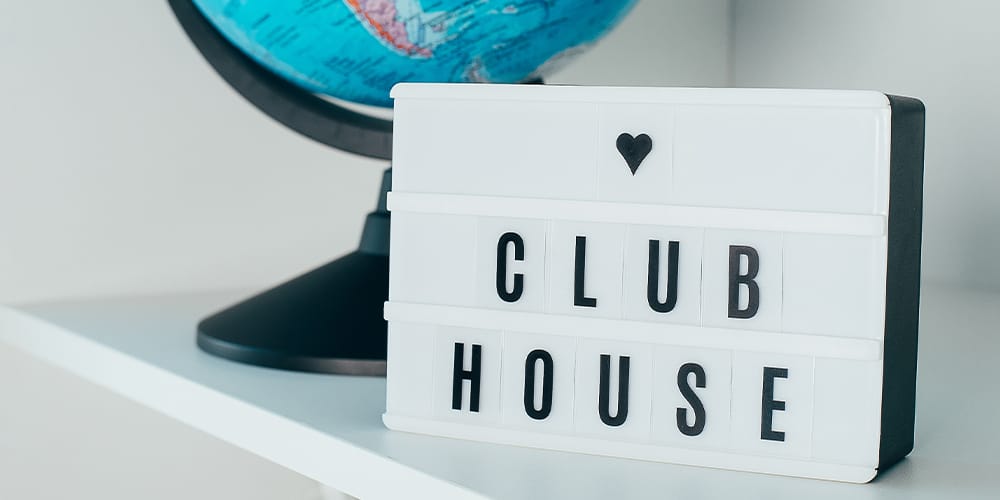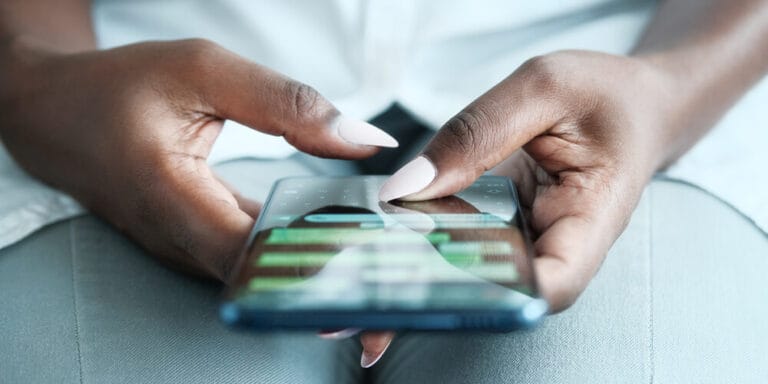In 2020, an invitation-only social media platform called Clubhouse became an instant sensation. With many people stuck at home due to the pandemic, the app’s voice-chat features were a welcome distraction. Clubhouse gives participants the opportunity to be spontaneous and social by dropping in on audio conversations that interest them. In this article, we’re going to explore the potential eDiscovery and litigation challenges that attorneys may face with this platform.
Let’s get started!
How Clubhouse Works
For anyone who has yet to try Clubhouse for themselves, you might be surprised to learn that recording, saving, and archiving conversations that occur through the app is prohibited by the terms and conditions. For that reason, users may feel comfortable disclosing confidential information, personal details, sensitive data, and/or trade secrets that they would not otherwise share. Unfortunately, despite Clubhouse’s official policy, individual users can choose to disregard the rules and record audio anyway. As you may imagine, this behavior creates unique challenges for eDiscovery.
So, what happens when an unauthorized recording contains potentially relevant evidence? Do you have a duty to preserve a recording that shouldn’t exist?
Preparing for Legal Challenges
Unlike other social media platforms, conversations in Clubhouse are designed to be ephemeral. There is no expectation of preservation, and in fact, users operate with the assumption that they will not be recorded. As a result, when recordings do surface, courts will need to determine whether the evidence is discoverable.
As courts begin to create rules for handling this evidence, attorneys should operate under the assumption that any recording or transcript will be considered discoverable. In fact, lawyers can even send out litigation holds to third parties that they suspect have Clubhouse data. For now, Clubhouse shows no signs of lifting the ban on recordings, but attorneys should monitor their data retention policies to determine if the app could generate discoverable ESI in the future.
Handling Unrecorded Information
Imagine that your client comes to you with information they learned through Clubhouse. You will need to make a careful determination about whether to include it during testimony. Without a recording or transcript, there’s little to prevent witnesses from making false claims that cannot be investigated. Some witnesses may be tempted to take advantage of this ambiguity at the risk of harming their credibility if a recording were to surface later.
When a witness’s claims cannot be substantiated, litigators may need to ask the court to exclude the evidence or give lesser weight. Alternatively, if there were other participants in the room, these individuals could be called to refute false testimony.
Final Thoughts
Thanks for reading! We hope this guide has given you some insight into the world of Clubhouse and the potential legal implications of unauthorized recordings and unsubstantiated testimony. If you enjoyed this article, let us know on social media!
Please don’t hesitate to contact us with any questions or concerns. At First Legal, we’re here for you from File Thru Trial™!





